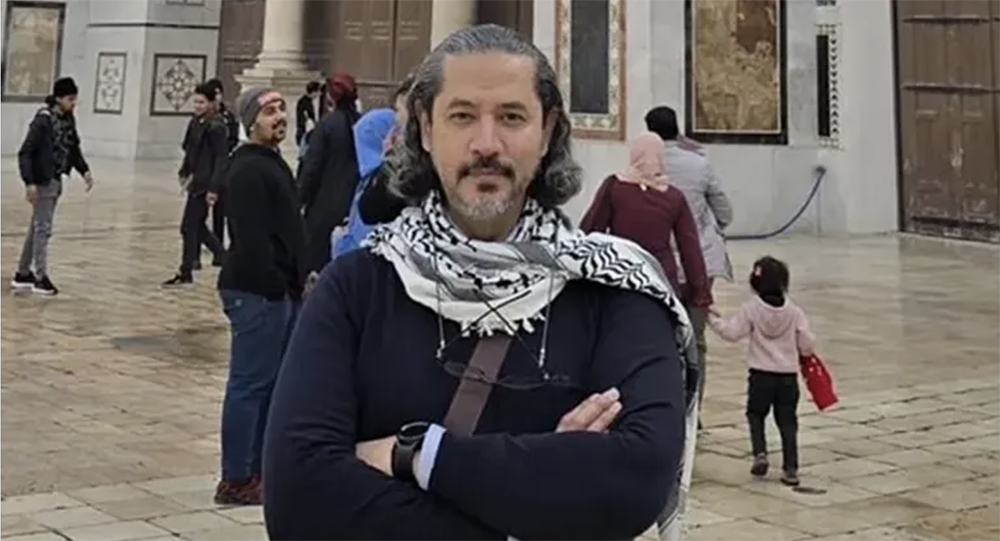Editor’s note: This is the ninth in POMED’s series of short interviews with civic activists, researchers, and others in our MENA network to spotlight the pandemic’s effects on rights and governance across the region. In this Q&A, we are joined by Ammar Derwish, a doctor from Aden whose reporting on the impact of the pandemic on Yemen earned him the One World Media Coronavirus Reporting Award in 2020. This interview has been edited for length and clarity.
Background: The COVID-19 pandemic has hit Yemen, the Middle East’s poorest country, extremely hard. When Yemen’s first case of COVID-19 was reported last April, hospitals were already badly under-resourced and overwhelmed with treating victims of the ongoing seven-year civil war and the resulting humanitarian crisis. Testing has been very limited. As of April 6, the official count is 4,881 positive cases and 955 COVID-19 related deaths, but the real numbers are thought to be far higher.
POMED: How worried about the pandemic are ordinary Yemenis?
Ammar Derwish: People are not very worried about the pandemic right now, at least here in Aden. Life is hard enough because of the war, and Adenis are not practicing social distancing or taking other precautions. Fortunately, the second wave in the South, which began in February, has not been as severe as expected. Many people contracted the virus in the first wave, so when they were re-infected their symptoms were much milder. Non-governmental organizations and international agencies also were better prepared to respond.
POMED: How has the pandemic played out in different parts of the country?
Dr. Derwish: In the South, the healthcare system is coping a bit better than last year because healthcare workers have more experience with the virus. When COVID-19 first appeared no one was prepared and people were scared. Rampant misinformation created a stigma around being infected with the virus, and many people refused to go to the hospital until their symptoms became severe. Now, aid organizations have established COVID-19 health centers, which helps hospitals focus on treating trauma patients. We continue to deal with the normal problems of the Yemeni healthcare system—poor infrastructure and a lack of resources.
In the Houthi-controlled parts of Yemen, the situation is a bit different, mainly because conspiracy theories regarding the virus are far more prevalent there. In addition, the authorities told people they were not allowed to comment publicly about the pandemic. Certainly, in all parts of the country, local authorities have not been transparent about the number of positive cases. In terms of people’s attitudes towards the virus, it is more or less the same across the country: relatively unconcerned because other crises are seen as more urgent.
POMED: Will Yemenis have access to vaccinations?
Dr. Derwish: The first batch of COVID-19 vaccines arrived in Yemen through the COVAX facility on March 31. Unfortunately, though, many Yemenis will not get vaccinated. Yemen does not have the resources to purchase vaccines for the whole population, and the lack of security makes it challenging to distribute vaccines efficiently. In addition, there is a culture of vaccine distrust in Yemen, made worse by conspiracy theories that have been disseminated globally. Finally, the risk of corruption is incredibly high. The Houthis are likely to prioritize those in their ranks for the vaccine, and the black market in the South will undermine aid organizations’ efforts to disseminate the vaccine equitably.
Mariam Mahmoud works with POMED’s Research Program. Ammar Derwish is a doctor based in Aden and a 2020 recipient of the One World Media Coronavirus Reporting Award. Find him on Twitter @AmDerwish.





